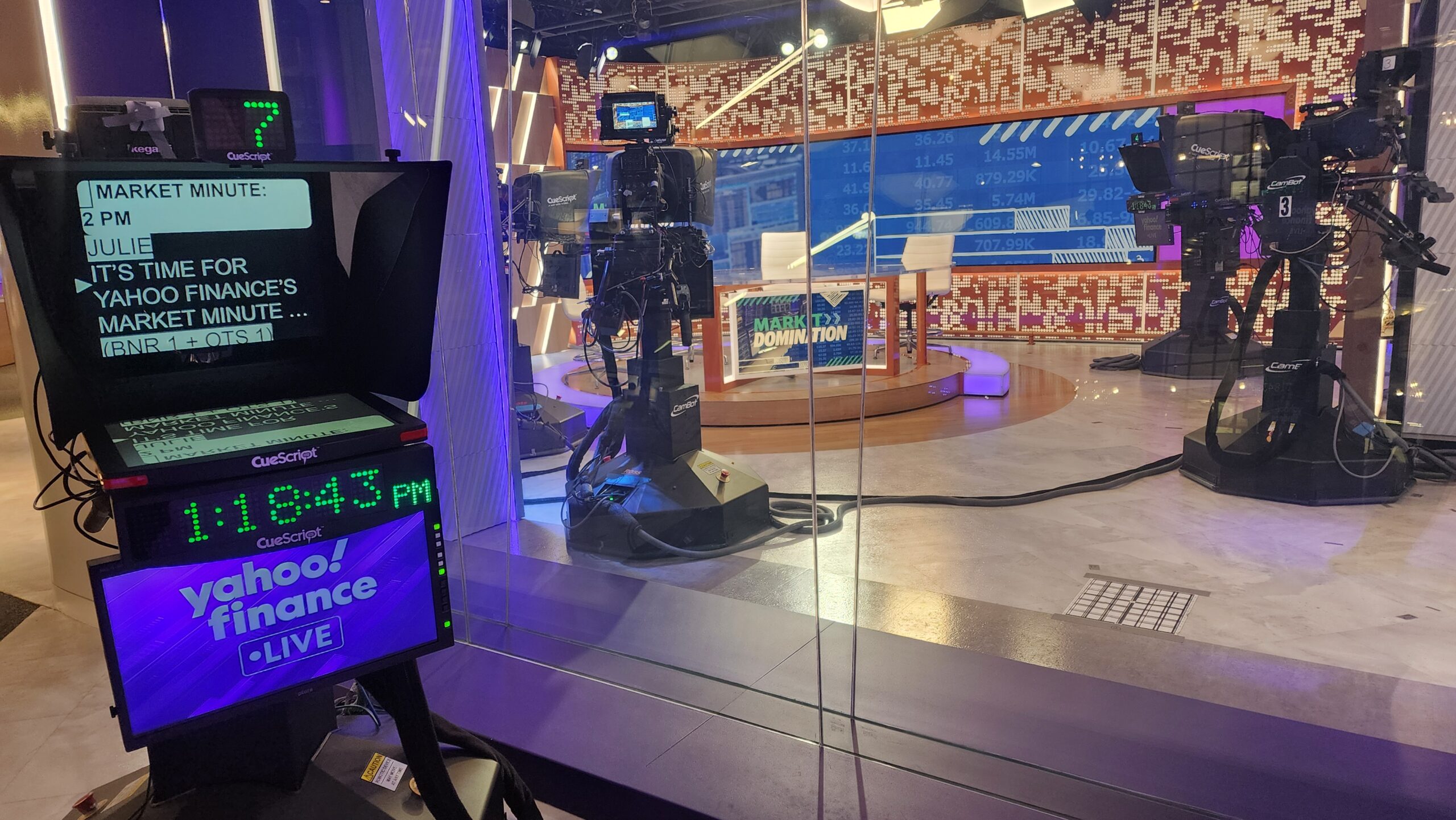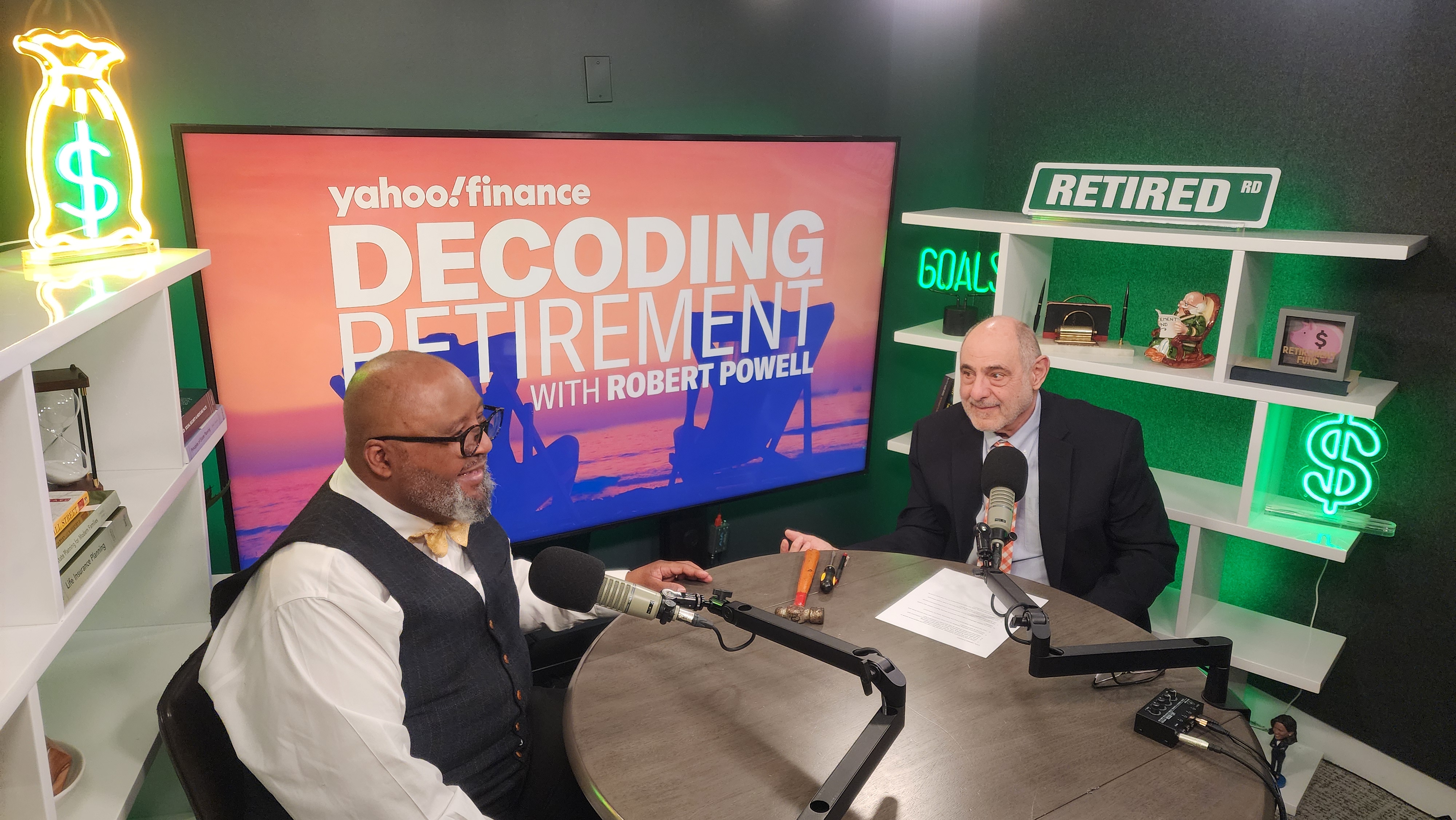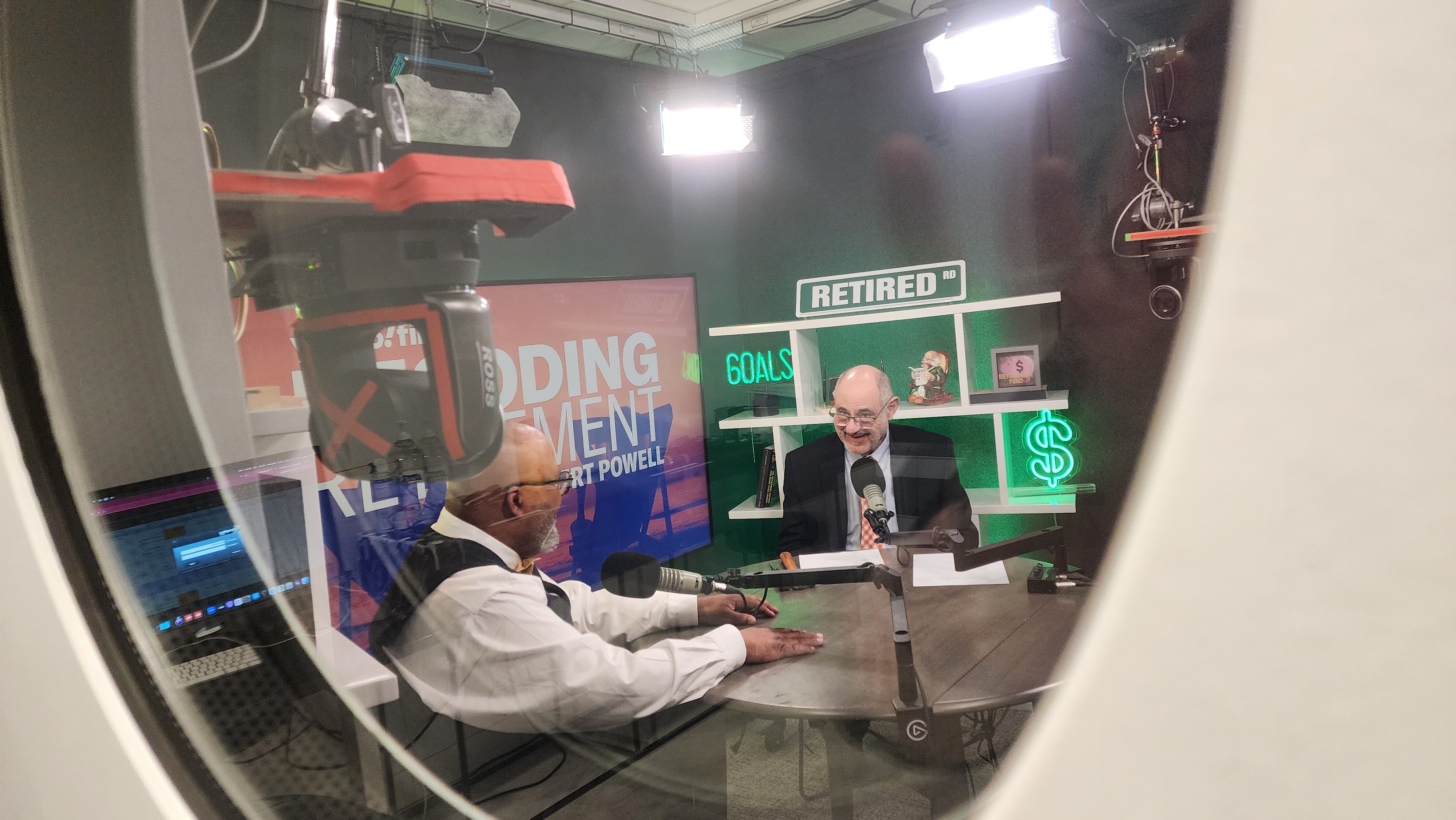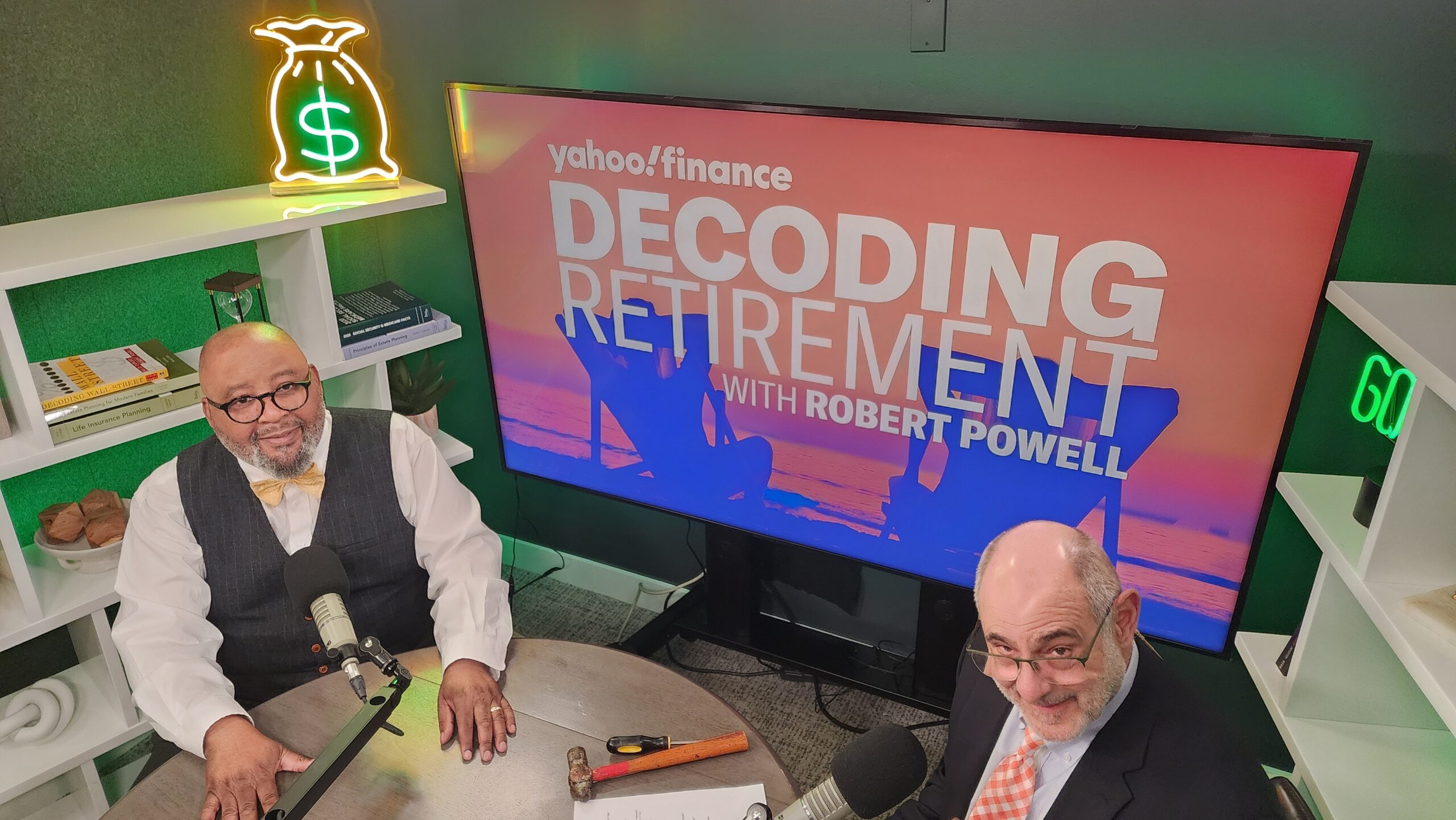Reverse Mortgages: A Tool Too Often Overlooked
Insights from Don Graves on Yahoo Finance’s “Decoding Retirement” with Bob Powell
When you hear the words “reverse mortgage,” do you instinctively cringe—or maybe even reach for the dial to switch the channel? You’re not alone. The very mention of reverse mortgages still makes many people nervous, even though they’ve been around for decades and are one of the most misunderstood financial tools available to today’s retirees.
That’s exactly the conversation Don Graves, Founder of the Housing Wealth Institute, recently had with Bob Powell on Yahoo Finance’s Decoding Retirement podcast. What followed was an eye-opening discussion packed with humor, clarity, and some serious myth-busting.
Chapter Guide
🔍 In this episode, you’ll hear 14 Questions:
01:19 What Is A Reverse Mortgage
02:26 Who Should Consider A Reverse Mortgage
03:25 Who Should NOT Consider A Reverse Mortgage | Article for More
04:52 When Should Some Consider Beginning A Reverse Mortgage
06:09 How Are Benefits Of A Reverse Mortgage Determined
07:16 How Are People Are Using A Reverse Mortgage | Insurance Costs Blog
09:09 Common Risks, Requirements, Protections And Misconceptions
12:00 Reverse Mortgages 101
14:22 What About my Heirs?
15:45 What Are the Costs and Fees
17:17 35 Ways People Ask About Reverse Mortgages
18:02 The Costs of Reverse Mortgage II
19:05 Being Strategic with the Reverse Mortgage
22:00 How Can Viewers Learn More | Housing Wealth Masterclass
Not Just a Last Resort—It’s Just a Mortgage
Don kicked things off with a truth bomb: “It’s not new, not spooky, not dangerous. Four letters, folks—it’s just a mortgage.” And he’s right. The most common version, the Home Equity Conversion Mortgage (HECM), has been federally insured since 1988 and is designed for homeowners 62 and older. It allows retirees to convert a portion of their home’s equity into tax-free dollars—without giving up ownership or taking on a required monthly mortgage payment.
Who Should Consider a Reverse Mortgage?
Don made it clear: a reverse mortgage isn’t for everyone. In fact, he’s spoken with over 16,000 people in his 26-year career and only about 3,000 went forward. That ratio, he said, is critical. “I’ve talked to a lot of people—and I know this isn’t appropriate for everyone.”
So who should consider it?
Those wanting to increase retirement cash flow
Households hoping to reduce market or sequence-of-return risk
Clients needing to preserve their investment assets
Anyone looking to improve liquidity or add back to their retirement savings
On the flip side, if someone is planning to move soon or has no use for the additional liquidity, they should pump the brakes. Don even wrote a guide called “16 Reasons You Shouldn’t Do a Reverse Mortgage” for exactly that reason.
Why Timing Matters
Bob asked a great question: When is the best time to consider one?
Don referenced the work of Dr. Wade Pfau, MIT, and Texas Tech, all of whom agree: if you plan to stay in your home, setting up a reverse mortgage line of credit sooner rather than later can be a prudent strategy. Why? Because that credit line grows over time—often compounding at rates around 7%—and can create powerful options later in retirement when needs or costs increase.
Use Cases: Eliminate Debt, Improve Stability
Don shared one of the most common uses: eliminating a monthly mortgage payment. For many retirees still paying $1,500–$3,000 a month, that’s a game-changer. “You free up $2,500 a month—pre-tax—that’s real cash flow,” he said. It means people can draw less from their investments, delay claiming Social Security, or simply sleep better at night.
Other use cases? Covering long-term care costs, weathering a market downturn without selling investments, or preparing for rising homeowners insurance premiums—especially relevant in high-risk states like California or Florida.
Misconceptions Still Dominate the Conversation
Don didn’t shy away from addressing the elephant at every family barbecue: “Did you hear about Uncle Junebug who lost his house because of a reverse mortgage?”
According to Don, these horror stories often leave out crucial facts—like failing to pay property taxes for four straight years. Yes, the product had flaws in the past, and yes, there were bad actors. But those days are long gone. Today’s reverse mortgages have built-in consumer protections, require mandatory third-party counseling, and are backed by the U.S. Department of Housing and Urban Development.
And no—the bank doesn’t “take your home when you die.” As long as you live in the house, maintain it, pay your taxes and insurance, the home remains yours.
Inheritance and Legacy: Can You Still Leave the House to the Kids?
Absolutely, said Don. In fact, using a reverse mortgage strategically can actually allow some families to leave more to their heirs—not less. By tapping into housing wealth instead of drawing down investment accounts during market downturns, retirees may extend portfolio longevity and preserve more financial legacy. Research from the American College and others supports this strategy.
Costs and Protections: What to Know
Yes, there are costs—just like any mortgage. These include:
FHA mortgage insurance (to cap borrower liability)
Origination fees (regulated)
Standard closing costs
However, most fees are rolled into the loan, and the only significant out-of-pocket cost is the $450 HUD-approved counseling session—a consumer safeguard to ensure clarity and understanding.
Advanced Strategies: Tax Optimization and Long-Term Care
Toward the end of the episode, Don shared a more sophisticated view: using a reverse mortgage as a tax-efficient withdrawal tool. Want to avoid IRMAA surcharges or jumping tax brackets? A reverse mortgage offers a fourth “bucket” of income—separate from taxable assets. Don outlined how even small withdrawals from the wrong accounts can have big unintended tax consequences.
He also pointed out how a reverse mortgage can serve as a reserve for long-term care needs—potentially saving a retiree from depleting other assets during a health crisis.
A Tool for the Right Job
Bob Powell began the conversation with a powerful metaphor: you wouldn’t show up to a job with just a hammer or a screwdriver. You bring the full toolbox. Reverse mortgages are just that—a tool. One that may be underused, misunderstood, or simply overlooked.
But when you know how—and when—to use it, it can make all the difference in building a retirement plan that’s resilient, flexible, and more secure.
🎥 Want to go deeper?
Visit www.ReverseMortgageMasterclass.com for Don’s 47-minute video presentation.
📚 Explore more at www.HousingWealthInstitute.com






What to Do When You Have a Client or a Case?
- Go to www.HousingWealthPro.com and request a Housing Wealth Illustration. Give Details in the “Notes” Section including the clients’ phone # if they would like a Housing Wealth Assessment. You can also
- Schedule a Time to Speak with Me: Click Here
The content of this blog is for financial advisors and professionals only and is not intended for consumer use. Names, cases, and scenarios are fictionalized for illustrative purposes. The opinions expressed here are those of the author alone and do not reflect the views of any affiliated entities or individuals. Don Graves, NMLS #142667.





